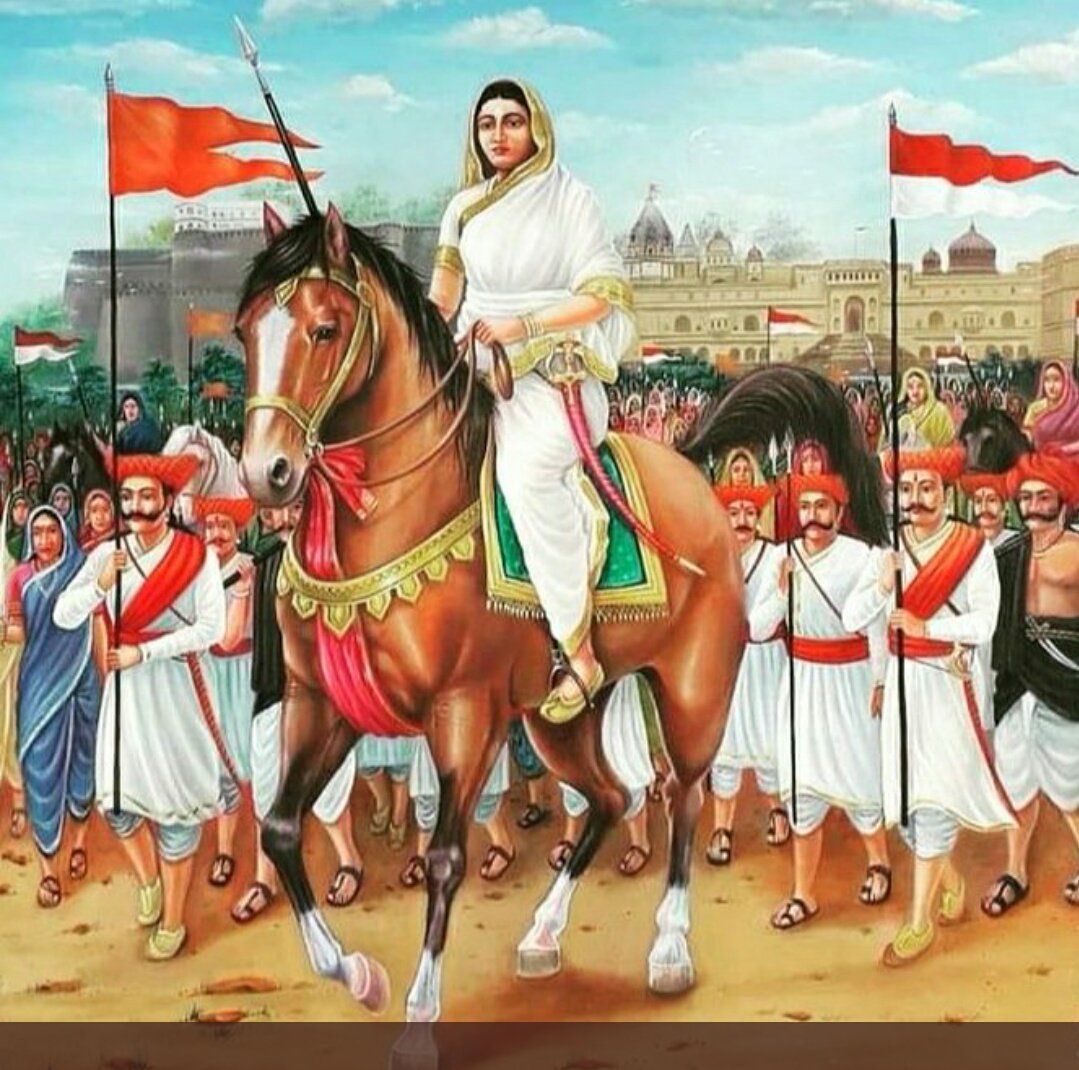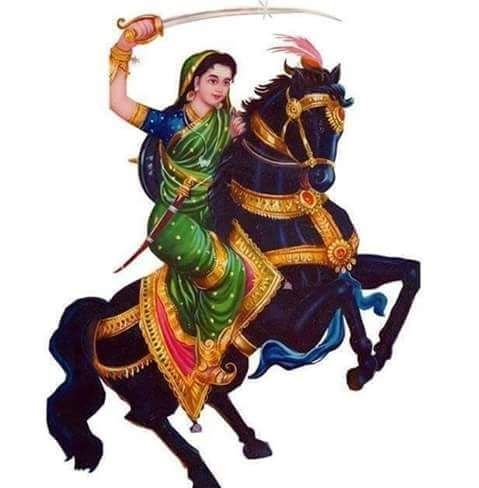Introduction:
Ahilyabai Holkar, often referred to as the Philosopher Queen, remains one of the most revered figures in Indian history. Her life journey and works epitomize courage, compassion, and leadership. Born in the 18th century, Ahilyabai rose to prominence as the ruler of the Malwa kingdom in central India. In this blog, we will explore the remarkable life journey and enduring legacy of Ahilyabai Holkar, shedding light on her visionary leadership, significant works, and lasting impact on Indian society.
Early Life and Ascension to Power:
Ahilyabai Holkar was born on May 31, 1725, in the village of Chondi in Maharashtra. She was the daughter of Mankoji Shinde, a village chief. Ahilyabai’s early years were marked by modesty and simplicity, yet she displayed remarkable intelligence and resilience from a young age. Her life took a significant turn when she married Khanderao Holkar, the scion of the Holkar dynasty, at the age of 8.
Tragedy struck early in Ahilyabai’s life when she became a widow at the tender age of 29, following her husband’s death in battle. Despite this devastating loss, Ahilyabai refused to succumb to despair. Instead, she took charge of the Holkar dynasty’s affairs and emerged as a formidable leader in her own right.
Visionary Leadership and Administrative Reforms:
Ahilyabai Holkar’s reign as the ruler of Malwa spanned over three decades, during which she implemented a series of visionary administrative reforms and policies that transformed the region. Ahilyabai was known for her commitment to justice, equality, and the welfare of her subjects. Under her rule, Malwa experienced a period of unprecedented peace, prosperity, and development.
One of Ahilyabai’s most notable achievements was her focus on infrastructure development and urban planning. She initiated the construction of numerous temples, ghats, wells, and roads, many of which still stand as testament to her legacy today. Ahilyabai also supported the arts, literature, and culture, fostering an environment of creativity and intellectual flourishing in her kingdom.
Ahilyabai’s administrative reforms were characterized by fairness, efficiency, and compassion. She established a system of justice that ensured equal treatment for all, regardless of caste or social status. Ahilyabai was known for her accessibility to her subjects, often holding public hearings to address their grievances and concerns personally.
Legacy and Impact:
Ahilyabai Holkar’s legacy extends far beyond her reign as a queen. She is remembered not only for her administrative acumen but also for her humility, piety, and generosity. Ahilyabai was a devout follower of the Hindu faith and devoted much of her time and resources to religious and charitable activities. She built numerous temples and dharmashalas (rest houses) across her kingdom, providing shelter and support to pilgrims and travelers of all backgrounds.
Ahilyabai’s impact on Indian society transcends time and space. Her legacy continues to inspire generations of leaders, particularly women, to strive for excellence, compassion, and social justice. Ahilyabai’s commitment to the welfare of her subjects and her unwavering dedication to duty serve as timeless examples of ethical leadership and public service.
Conclusion:
Ahilyabai Holkar’s life journey and works embody the timeless virtues of leadership, resilience, and compassion. Against all odds, she rose to prominence as one of the most revered rulers in Indian history, leaving behind a legacy of progress, peace, and social harmony. As we commemorate her remarkable achievements, let us draw inspiration from her example and strive to emulate her spirit of service and sacrifice in our own lives. Ahilyabai Holkar will forever be remembered as a shining beacon of hope and inspiration for generations to come.






